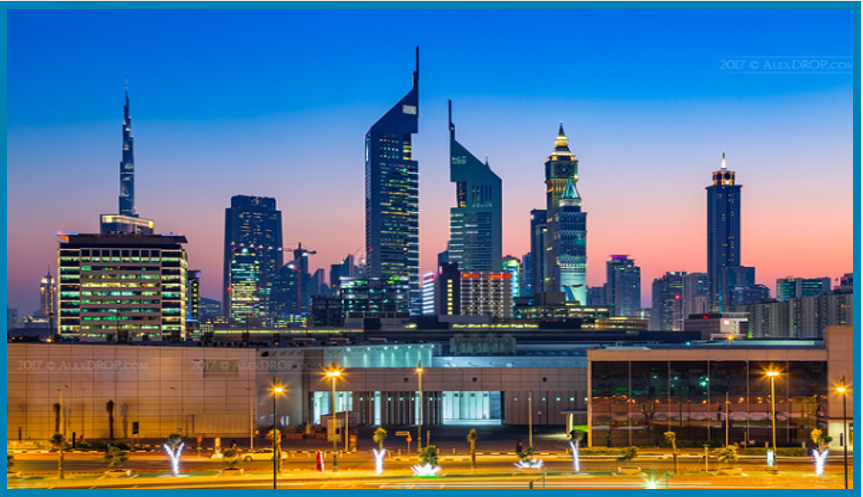Controlled Rollout in Line with Cultural Values and Tourism Goals
Saudi Arabia will allow alcohol consumption in 600 designated tourist zones by 2026, in a tightly controlled policy shift aligned with Vision 2030 — the Kingdom’s national strategy to diversify its economy and boost tourism.
The initiative, confirmed by sources aligned with the Saudi Ministry of Tourism, will permit alcohol only within select high-end hospitality locations. It will not be extended to the general public or beyond designated areas.
Where Alcohol Will Be Permitted
Alcohol will be strictly limited to the following:
- Five-star international hotels and luxury resorts
- Licensed tourist villages with foreign brand partnerships
- On-premise consumption only (no retail alcohol sales for off-site use)
- Wine and beer only (spirits remain prohibited)
Public spaces, retail shops, private residences, and gatherings will remain governed by existing Sharia-compliant laws, with alcohol fully prohibited outside licensed tourist areas.
This cautious, localized rollout builds on pilot zones like the Red Sea Global Project and aligns with guidelines from the Ministry of Economy and Planning and the Saudi Tourism Authority.
Vision 2030: Economic Diversification and Global Tourism Goals
Launched in 2016 and spearheaded by Crown Prince Mohammed bin Salman, Vision 2030 aims to reduce Saudi Arabia’s reliance on oil by transforming sectors such as tourism, renewable energy, technology, and entertainment.
One of its central goals is to attract 100 million annual visitors by 2030, positioning the Kingdom among the top five global tourism destinations. Controlled alcohol access is seen as essential to achieving this objective — particularly in attracting international tourists familiar with more liberal hospitality standards.
Regional Comparison: Competing with Gulf Neighbors
| Country | Alcohol Policy | Tourism Impact |
|---|---|---|
| Saudi Arabia | Permitted in 600 tourist zones only (by 2026) | New measure to enhance global travel appeal |
| UAE | Available in hotels, restaurants, bars, and licensed shops | Attracts millions of international tourists annually |
| Bahrain | Widely available in hotel and tourism districts | Popular Gulf travel hub known for hospitality |
The move puts Saudi Arabia in closer alignment with tourism-friendly Gulf countries like the UAE and Bahrain, where alcohol has long played a role in the travel and hospitality economy.
World Cup 2034: Accelerating Hospitality Reform
Saudi Arabia’s successful bid to host the FIFA World Cup in 2034 has added urgency to tourism reforms. The global event is expected to bring millions of international visitors — including players, fans, and sponsors — who anticipate familiar standards in hospitality, including limited alcohol availability in private venues.
The Kingdom is investing heavily in infrastructure for the tournament — including stadiums, transport, and accommodations — with the alcohol policy viewed as a key part of delivering a seamless visitor experience.
Similar measures were seen in Qatar, which temporarily allowed alcohol in fan zones and VIP areas during the 2022 FIFA World Cup.
Hospitality Industry Support and Tourism Mega-Projects
International hotel brands have expressed support for the move. Discussions are underway with major hospitality groups to prepare for a phased implementation by 2026.
Alcohol service is expected to feature in landmark tourism destinations such as:
- Red Sea Global Project – A luxury, eco-tourism resort
- NEOM – A $500 billion futuristic city in northwestern Saudi Arabia
- Amaala & AlUla – Cultural heritage sites targeting premium global travelers
The Saudi Tourism Authority emphasizes that while these destinations will meet international expectations, they will maintain alignment with the Kingdom’s cultural and religious identity.
Compliance, Cultural Sensitivity, and Regulation
While the policy marks a significant shift, Saudi authorities stress that the Kingdom remains committed to upholding Islamic law in public life. As such, alcohol will only be accessible under stringent regulations:
- Strict licensing for participating hotels and resorts
- Controlled importation and supply chain monitoring
- Mandatory training for staff on responsible alcohol service
- Designated zoning and signage to prevent cultural conflict
Alcohol consumption will remain illegal outside approved areas, and violations will be subject to penalties under existing laws.
Critics have voiced concern over possible social friction, but proponents argue the limited, well-regulated nature of the rollout will reduce cultural disruption.
Broader Tourism Liberalization Measures
The alcohol initiative is part of wider efforts to modernize the Kingdom’s image and tourism offerings. Other recent reforms include:
- eVisa system now available to travelers from 57 countries
- Hosting of global music festivals like MDLBEAST Soundstorm
- Promotion of archaeological tourism at UNESCO sites such as AlUla
- Introduction of mixed-gender and fashion events in tourist zones
These efforts aim to attract diverse visitor demographics while safeguarding the Kingdom’s Islamic heritage.
Conclusion: A Historic Shift with International Implications
Saudi Arabia’s plan to permit alcohol in select tourist hubs by 2026 marks a transformative moment in its Vision 2030 journey. Designed to strike a careful balance between global tourism standards and local traditions, the reform reflects the Kingdom’s growing openness and ambition to become a world-class destination.
With the 2034 FIFA World Cup approaching and massive investment in tourism infrastructure underway, Saudi Arabia is signaling to the world that it is ready to welcome international visitors — on its own carefully defined terms.
Emirates Towers and Dubai Downtown skyline on Flickr by AlexDROP



